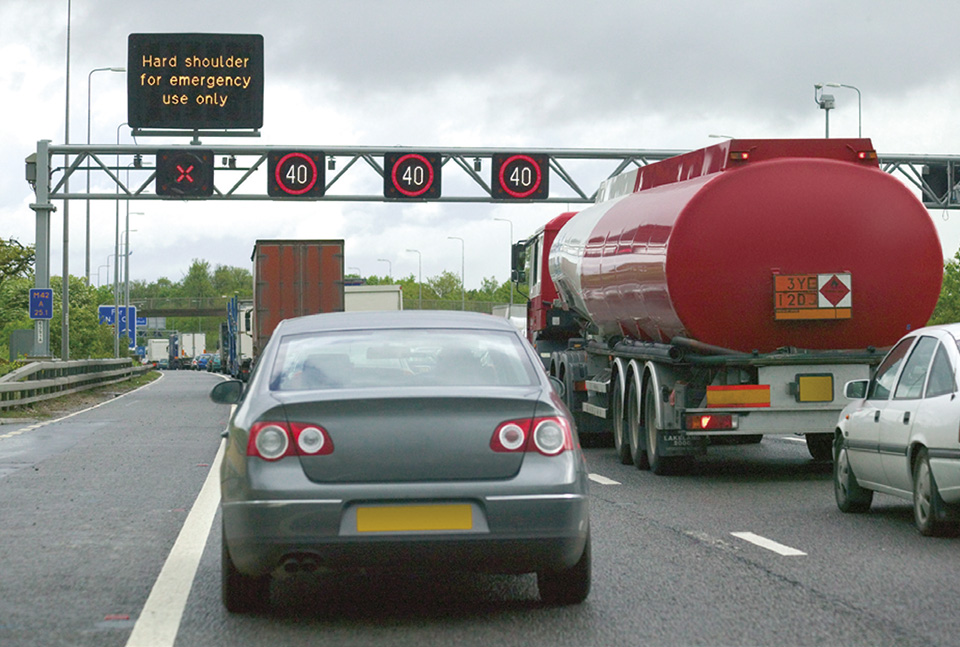Overtaking
Rule 267
Do not overtake unless you are sure it is safe and legal to do so. Overtake only on the right. You should
- check your mirrors
- take time to judge the speeds correctly
- make sure that the lane you will be joining is sufficiently clear ahead and behind
- take a quick sideways glance into the blind spot area to verify the position of a vehicle that may have disappeared from your view in the mirror
- remember that traffic may be coming up behind you very quickly. Check all your mirrors carefully. Look out for motorcyclists. When it is safe to do so, signal in plenty of time, then move out
- ensure you do not cut in on the vehicle you have overtaken
- be especially careful at night and in poor visibility when it is harder to judge speed and distance.
Rule 268
Do not overtake on the left or move to a lane on your left to overtake. In congested conditions, where adjacent lanes of traffic are moving at similar speeds, traffic in left-hand lanes may sometimes be moving faster than traffic to the right. In these conditions you may keep up with the traffic in your lane even if this means passing traffic in the lane to your right. Do not weave in and out of lanes to overtake.
Rule 269
Hard shoulder. You MUST NOT use the hard shoulder for overtaking. In areas where an Active Traffic Management (ATM) Scheme is in force, the hard shoulder may be used as a running lane. You will know when you can use this because a speed limit sign will be shown above all open lanes, including the hard shoulder. A red cross or blank sign above the hard shoulder means that you MUST NOT drive on the hard shoulder except in an emergency or breakdown. Emergency refuge areas have also been built into these areas for use in cases of emergency or breakdown.
External links: Laws MT(E&W)R regs 5, 5A & 9 , MT(S)R regs 4 & 8

Rule 269: Overhead gantry showing red cross over hard shoulder